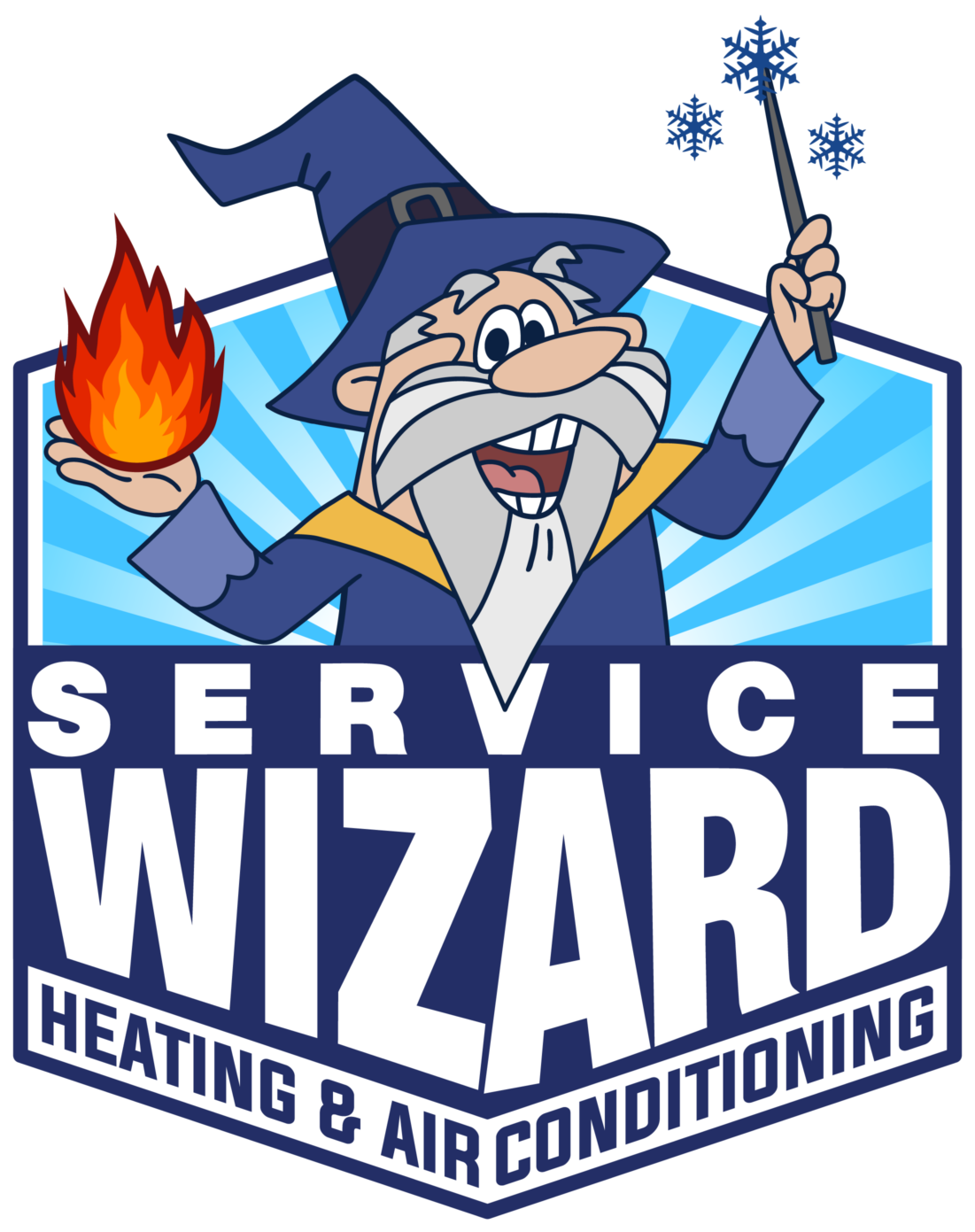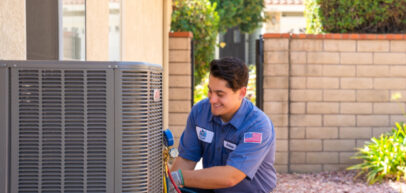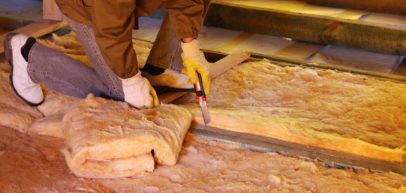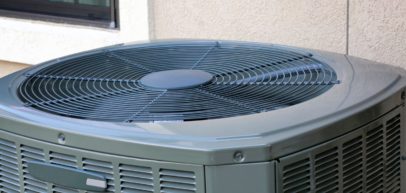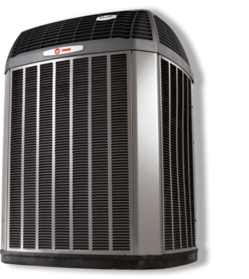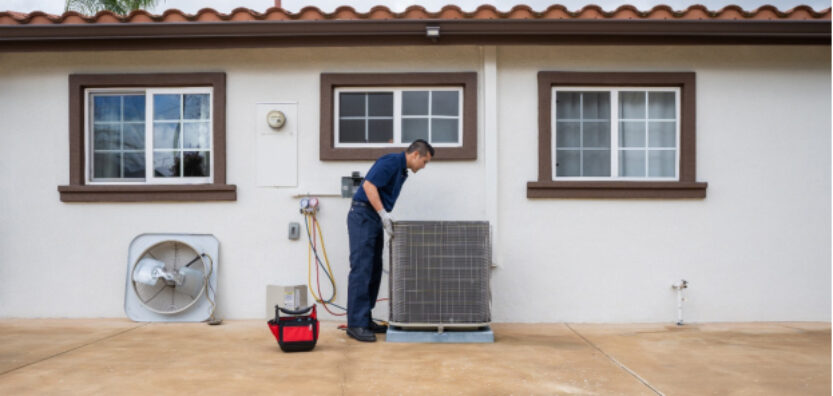
Few things are as enjoyable on a hot summer day as the relief of a cool home. Unfortunately, when air conditioning units malfunction, it doesn’t take long for indoor temperatures to become unbearable. But when you don’t have the time or money for professional AC repair, knowing how to troubleshoot and fix common problems yourself can be a real lifesaver.
In this guide, we’ll discuss the basics of how AC units operate, the most common breakdowns and how to diagnose them, and tips for efficient cooling and long-term maintenance. With a little knowledge, you can tackle any AC repair job confidently.
Key Takeaways
- Air conditioning units can last 15-20 years with proper maintenance and regular upkeep.
- Common AC problems that occur include, a frozen evaporator coil, bent AC fins, loud noises, tripped breakers, and blow hot or not air.
- Keeping your AC components clean regularly is one of the most effective ways to increase the life of your unit.
- Some general repair tips for your air conditioner unit include, upgrading your thermostat, unclogging the condensate tube, inspecting ductwork for leaks, and changing/upgrading breakers if needed.
What is Central Air Conditioning?
Central air conditioning, often simply referred to as central air, is a type of air conditioning system that cools and dehumidifies air before circulating it throughout a building. Unlike window units or portable AC systems, which only cool a specific room where they’re installed, central air conditioning systems are designed to cool the entire house or building.
Central air conditioning systems consist of two main components: an indoor unit, known as an air handler, and an outdoor unit, referred to as a condenser. The air handler contains a coil box that cools the air when it flows over it while the condenser dissipates heat outside your home
How Does Central Air Conditioning Work?
While not all air conditioner types work the same way, most function using relatively similar principles.
Thermostat Setting
The thermostat is the unsung hero of the entire cooling process within your home. It acts as the primary control unit that triggers the operation of your air conditioning system.

Whenever the indoor temperature surpasses your thermostat’s pre-set level, it sends an electrical signal to your air conditioning unit. This signal prompts the air conditioning system to kick-start its cooling function.
Air Cooling Process
The air handler or blower comes into play when the thermostat relays its command. Acting like a vacuum, the air handler draws in warm air present in your home via return ducts. This drawn-in warm air is then guided over the evaporator coil, which is filled with a special substance known as a refrigerant.
As the warm air comes into contact with the refrigerant-filled evaporator coil, the refrigerant absorbs the heat from the air. This process rapidly cools down the air.
Air Circulation
Post-cooling, the air doesn’t just stagnate in the air handler. In contrast, it gets propelled back into your living spaces through supply ducts and vents. The circulation of freshly cooled air substantially reduces your home’s overall temperature. It ensures that your home remains a haven of cool comfort even on scorching hot days.
Heat Dissipation
Simultaneously, as the cool air is being distributed throughout your home, the now heat-laden refrigerant finds its way to the outdoor unit, called the condenser. Here, the absorbed heat from the refrigerant is expelled into the exterior environment. This heat dissipation process effectively eliminates the unwanted warmth from your home.
Refrigerant Recirculation
Once the heat has been discharged, the refrigerant, now cooled down, is redirected back to the evaporator coil, ready to absorb more heat from the incoming warm air.
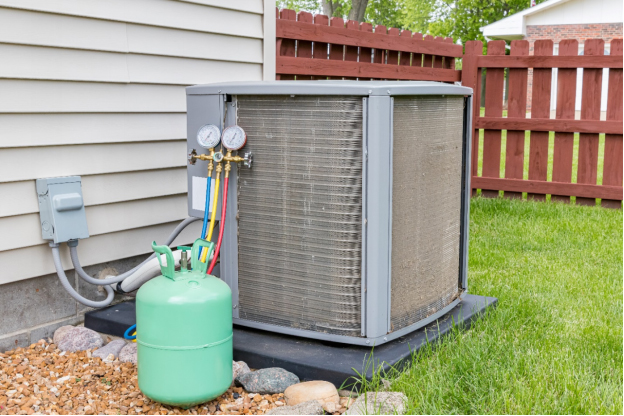
This heat absorption and dissipation cycle continues until the indoor temperature drops to the level predetermined on the thermostat. When reaching the desired temperature, the thermostat intervenes to stop the air conditioning system from further cooling.
Common AC Problems and Their Causes
Like any other appliance, AC units can experience various problems that affect their performance over time. Understanding these problems and their causes can help you identify if and when your AC needs professional attention.
Frozen Evaporator Coil
The evaporator coil is a vital part of your AC system. It absorbs heat from your indoor air, helping to cool it down. However, there are times when the evaporator coil can freeze up, disrupting the cooling process.
This problem often arises due to reduced airflow caused by dirty air filters or obstructed return air ductwork. Another cause could be a low refrigerant level, which lowers the pressure in the system, causing the evaporator coil to freeze.
Weak Air Flow
Weak airflow is another common AC problem. If you notice that some rooms in your home are colder than others or there’s little air coming out of the vents, you may be dealing with weak airflow.
Weak airflow is usually caused by dirty or blocked air filters that restrict air movement through the system. Other potential causes include blocked vents, a faulty fan motor, or leaks in the ductwork.
Circuit Breaker Keeps Tripping
If your AC’s circuit breaker keeps tripping, it clearly indicates an electrical issue. This problem typically occurs when the air conditioner is overworking, leading to overheating and tripping the circuit breaker.
Low Refrigerant
Refrigerant is a crucial component in your AC system, absorbing heat from your home’s air and releasing it outside. If your AC has low refrigerant levels, it won’t cool your home effectively.
The most common cause of low refrigerant is a leak in the AC unit. This can happen over time due to wear and tear or due to a manufacturing defect. Another reason could be improper installation or service procedures.
AC Making Noise
A well-functioning AC should operate quietly, with only a gentle hum or whisper-like sound. However, if your AC produces unusual noises, it signals a problem. There could be several reasons why your AC is making noise.
One reason could be loose parts within the AC unit. Over time, due to constant vibration during operation, parts may become loose, causing various unsettling sounds like rattling, buzzing, or clicking.
Top AC Repair Tips
Keeping your air conditioning unit in top shape is crucial, especially during the hot summer months. Here are some tips to help you maintain and repair your AC unit for optimal performance.
Keep it Clean
Your air conditioner’s efficiency can decrease significantly if it’s dirty or neglected. Accumulated dust and debris on your AC filters, coils, and fins block airflow and reduce its capacity and efficiency.
Start by cleaning the exterior of your unit. Remove any leaves, dirt, or other debris that might have collected around it. Be sure to clean the condenser and evaporator coils through a professional. Dirty coils reduce the system’s ability to cool your home and cause the system to run longer, increasing energy costs and reducing the life of your equipment.
Replace the Filter Regularly
Regularly replacing your AC filters is the simplest yet most effective maintenance task. A dirty filter can lead to numerous problems, including reduced AC efficiency, cooling problems, and even equipment damage.
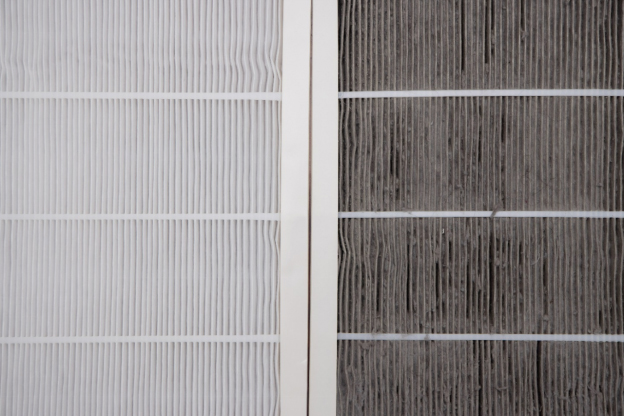
Upgrade Your Thermostat
A programmable thermostat can be a game-changer for your AC system and your utility bills. With a programmable thermostat, you can set your AC to automatically adjust the temperature at different times of the day. This way, you’re not wasting energy cooling your home when no one is there.
Modern thermostats have features like Wi-Fi, enabling you to control your AC from your smartphone. Some even learn your schedule and preferences, making temperature adjustments on their own to save energy.
Check Your Refrigerant Level
Refrigerant, also known as coolant, is what your AC uses to remove heat and humidity from the air. If your system is low on refrigerant, it can’t cool your home effectively.
Signs that your AC might be low on refrigerant include: your home taking a long time to cool down, ice buildup on the outside unit, or a hissing or bubbling noise (indicating a leak). If you suspect a refrigerant issue, call a professional – handling refrigerant without training is unsafe.
Inspect Your Ductwork For Leaks
Leaky ducts can be a major source of inefficiency in your AC system. They can lead to substantial loss of cooled air, resulting in higher utility bills and a less comfortable home.
Check your ductwork for any signs of damage, such as tears or cracks. Pay particular attention to the joints. If you feel air escaping, you may have a leak. While small leaks can be sealed with duct tape, larger ones might require professional assistance.
Unclog the Condensate Drain Tube
The condensate drain tube plays a crucial role in your AC unit. It helps drain away the moisture that your air conditioner removes from the air. Over time, this tube can get clogged with dirt, mold, and algae, preventing the water from draining out. This could lead to water damage in your home or a non-functioning AC unit.
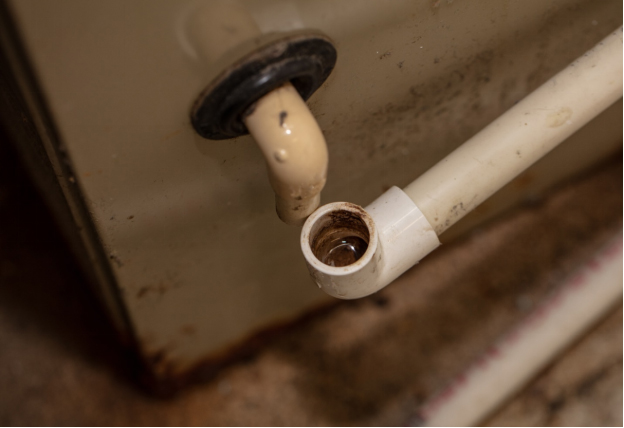
Straighten AC Fins
AC fins are the thin metal pieces outside your AC unit. They help transfer heat and allow the cool air to circulate correctly. However, these fins can become bent or damaged over time, affecting your AC’s efficiency.
You can use a fin comb to straighten the AC fins, a tool specifically designed for this purpose. Be gentle while straightening the fins, as they can be delicate and easily damaged. Remember, straight fins equal efficient cooling.
When Should You Call an HVAC Professional?
Your heating, ventilation, and air conditioning (HVAC) system is crucial for maintaining your home’s comfort and air quality. However, certain situations necessitate the expertise of a professional. These include frequent cycling of your HVAC system, inconsistent temperatures across your home, unusual noises or smells, and sudden increases in your energy bills.
These types of issues could indicate problems like improper airflow, thermostat malfunctions, motor problems, electrical faults, or inefficiency in your system.
When it comes time to call in a professional, trust the expertise of Service Wizard to help you get the job done right. With their network of certified technicians and years of experience, Service Wizard can help keep you get more life out of your HVAC system. Contact Service Wizard today.
